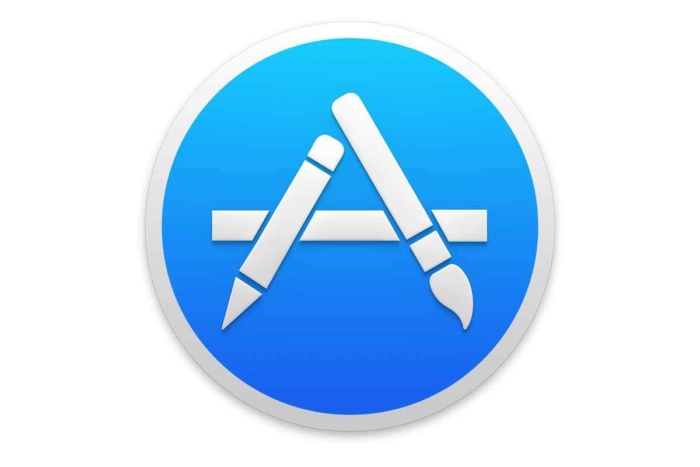Andrew Anglin
Daily Stormer
November 27, 2018
This may be a place where a “conservative” court is not a good thing.
That is the problem with conservatives – while claiming to support capitalism, they have historically been much too pro-monopoly and anti-competition.
The President is for some reason backing Apple. No idea what they’ve done for him recently. They are in fact a part of the conspiracy against him.
U.S. Supreme Court justices on Monday appeared open to letting a lawsuit proceed against Apple Inc (AAPL.O) that accused it of breaking federal antitrust laws by monopolizing the market for iPhone software applications and causing consumers to overpay.
The nine justices heard an hour of arguments in an appeal by the Cupertino, California-based technology company of a lower court’s decision to revive the proposed class-action lawsuit filed in federal court in California in 2011 by a group of iPhone users seeking monetary damages.
The lawsuit said Apple violated federal antitrust laws by requiring apps to be sold through the company’s App Store and then taking a 30 percent commission from the purchases.
The case may hinge on how the justices apply one of the court’s past decisions to the claims against Apple. That 1977 precedent limited damages for anti-competitive conduct to those directly overcharged rather than indirect victims who paid an overcharge passed on by others.
Apple was backed by Republican President Donald Trump’s administration. Some liberal and conservative justices sharply questioned an attorney for Apple and U.S. Solicitor General Noel Francisco, who argued on behalf of the administration on the company’s side, over their argument that the consumers were not directly affected by purchasing the apps from Apple.
Liberal Justice Elena Kagan, explaining how an App Store purchase is handled, said, “From my perspective, I’ve just engaged in a one-step transaction with Apple.”
Some conservative justices, including Trump appointee Neil Gorsuch, wondered whether the 1977 ruling was still valid in a modern marketplace.
Conservative Chief Justice John Roberts’ questions suggested he agreed with Apple’s position. Roberts expressed concern that, for a single price increase, Apple could be held liable by both consumers and App developers.
The iPhone users, including lead plaintiff Robert Pepper of Chicago, have argued that Apple’s monopoly leads to inflated prices compared to if apps were available from other sources.
Though developers set the prices of their apps, Apple collects the payments from iPhone users, keeping the 30 percent commission on each purchase. One area of dispute in the case is whether app developers recoup the cost of that commission by passing it on to consumers. Developers earned more than $26 billion in 2017, a 30 percent increase over 2016, according to Apple.
Apple spokeswoman Rachel Wolf Tulley said in a statement after the arguments that the App Store has fueled competition and promoted innovation in software development, leading to millions of jobs in the sector.
“We are hopeful the Supreme Court will recognize Apple’s critical role as a marketplace for apps, and uphold existing legal precedent by finding in favor of Apple and the millions of developers who sell their apps on our platform,” Tulley said.
Apple, also backed by the U.S. Chamber of Commerce business group, has argued that a ruling siding with the iPhone users who filed the lawsuit would threaten the burgeoning field of e-commerce, which generates hundreds of billions of dollars annually in U.S. retail sales.
The plaintiffs, as well as antitrust watchdog groups, said closing courthouse doors to those who buy end products would undermine antitrust enforcement and allow monopolistic behavior to expand unchecked.
That last thing is the only reason I care about this.
Although Apple might have a case in terms of the nature of the app store, it is always better for anti-trust to win-out when you are dealing with predatory monopolies, and having one of the major tech giants lose any anti-trust case would be good moving forward.
However… it almost appears as though a weak anti-trust case is being heard first in order to have the first anti-trust case lost by the people and won by the tech industry.
There are a whole bunch of different arguments for why the app store functions as it does in terms of transactions, most of which are probably good arguments.
The sad part is that you have the situation of the app store banning apps on political grounds. The Infowars and Gab app were not allowed. And there is no explanation whatsoever for that other than “we disagree with their politics, and so we are using our monopoly power to silence them.”
Silicon Valley winning an anti-trust case at SCOTUS is bad, bad, bad.
So you have to wonder why the single easiest one for them to win is the one the SCOTUS is considering hearing.
